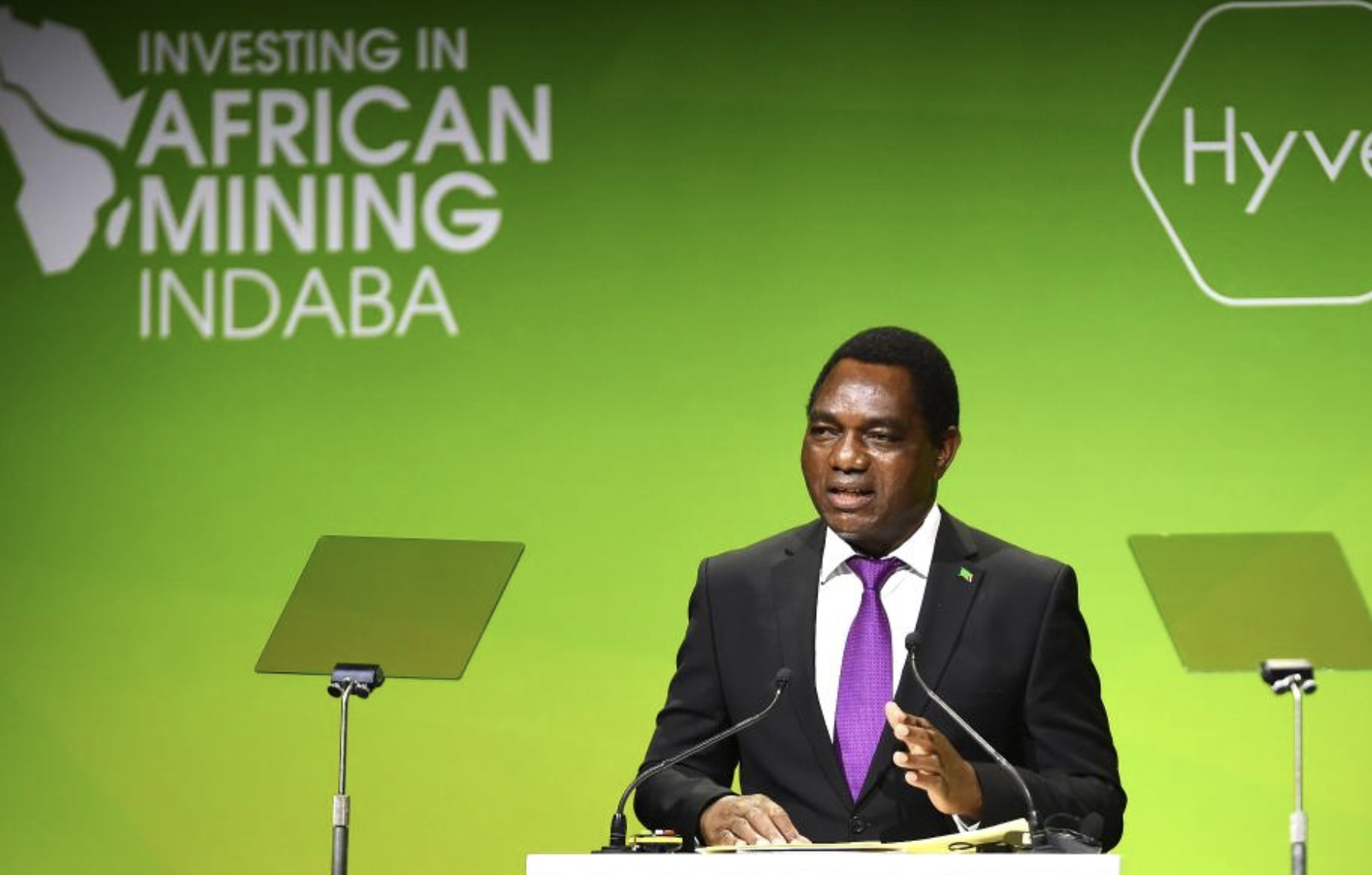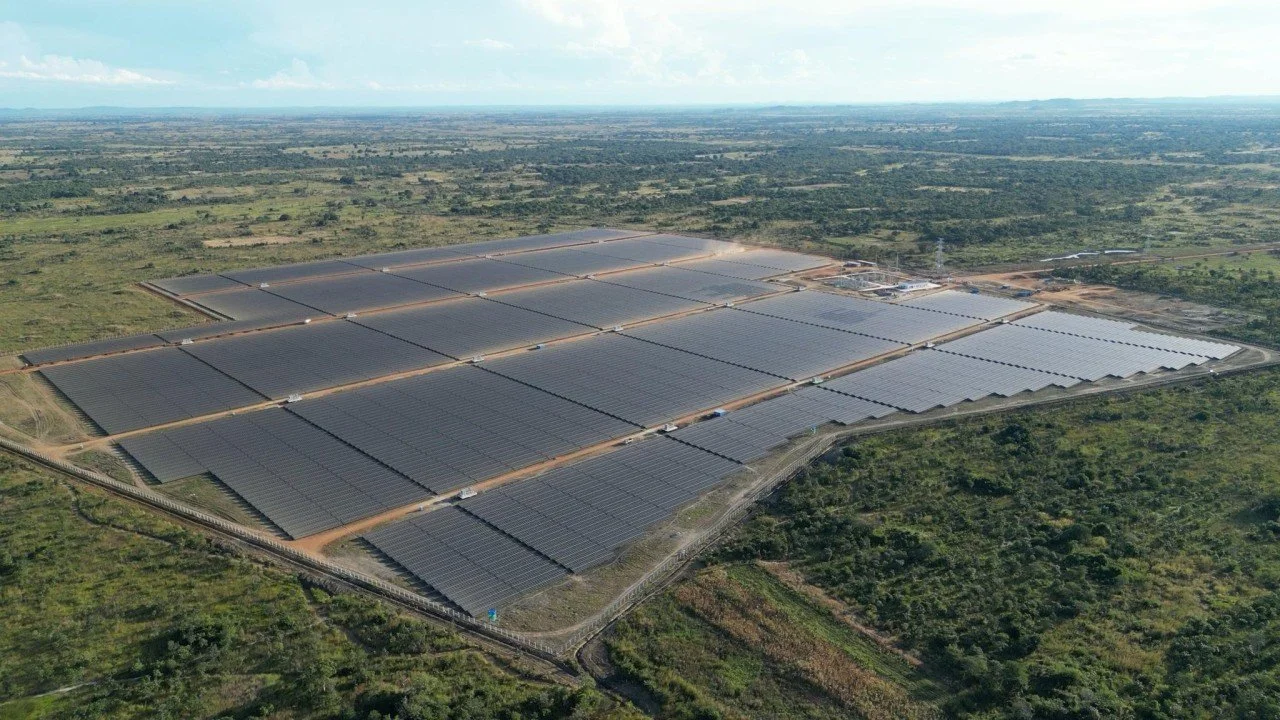Four Years of Economic Transformation: Reflecting on President Hichilema’s First Term
Sunday marks four years since President Hakainde Hichilema was sworn into office, following a landslide election victory built on the promise of economic transformation and improved opportunities for Zambians.
His leadership has brought great progress in restoring fiscal stability; most notably through securing crucial IMF funding and achieving landmark debt restructuring agreements. The New Dawn government has also made great strides in revitalising key sectors by rebuilding investor confidence and implementing bold anti-corruption measures. These achievements mark a defining moment for Zambia, where sound economic management, strategic reforms, and renewed international credibility intersect to create a foundation for sustained prosperity.
As we enter the final year of President Hichilema’s first term, Zambia Is Back examines the key reforms and policies that have repositioned the country as one of Africa's most promising investment destinations.
A Reset That Changed Everything
When President Hichilema took office, Zambia faced a daunting economic landscape. The country had defaulted on its foreign debts, inflation was soaring, businesses were struggling to access foreign currency, and international investors had lost confidence in the country's ability to manage its finances.
Today, Zambiahas not only navigated out of its debt crisis but has positioned itself as one of Africa's most promising investment destinations. The breakthrough came with securing a $1.3 billion extended credit facility from the International Monetary Fund (IMF) in August 2022, later increased to $1.7 billion in June 2024. This wasn't just about the money - it was about proving to the world that Zambia was serious about getting its finances back on track.
By resetting the relationship with foreign creditors, President Hichilema has massively alleviated Zambia’s debt burden.
Even more significant was successfully renegotiating the country's debt burden. The government reached landmark agreements with both private lenders and other countries between March and June 2024, dramatically reducing what the country owed and freeing up resources for development.
This improved the country's reputation among international investors and allowed previously stalled infrastructure projects to move forward again. Latest estimates from the Zambia Development Agency show that $86.2 billion worth of investments have been secured since President Hichilema took office, with $12.2 billion of this already actualised.
Taking the Fight to Corruption
One of President Hichilema's first priorities was tackling the corruption that had plagued previous administrations. He understood that without clean governance, economic growth would remain elusive.
His approach was systematic and decisive. He replaced politically compromised leaders with respected professionals across key institutions: the judiciary, the Anti-Corruption Commission, the Drug Enforcement Commission, and the police. For example, he appointed Musa Mwenye, a former Attorney General known for his integrity, to chair the Anti-Corruption Commission, while Chief Justice Mumba Malila was promoted to head the judiciary.
The health sector received special attention after U.S. authorities uncovered systematic theft of medical supplies. The government launched a thorough investigation, removed implicated officials, and completely restructured medicine distribution by introducing digital tracking systems and establishing a National Drug Task Force to prevent future theft.
In 2024, President Hichilema launched a comprehensive National Anti-Corruption Policy, demonstrating his government's long-term commitment to clean governance and calling on international partners to help recover stolen assets.
The results speak for themselves: Zambia’s score in Transparency International’s renowned Corruption Perception Index has improved every year since 2022.
Mining Sector: From Stalemate to Renaissance
Perhaps nowhere has President Hichilema's impact been more visible than in the crucial copper mining industry, which forms the backbone of the national economy. The government's strategy was simple but effective: provide clear, fair tax rules while actively encouraging investment.
A key change came in the 2022 budget when the government allowed mining companies to deduct mineral royalties from their corporate income tax, bringing Zambia in line with international standards and making mining projects much more profitable. This technical change sent a powerful message that the nation was open for business.
Zambia’s mining sector has been revitalised by President Hichilema’s pro-enterprise policy environment.
The results were immediate and dramatic. Mopani Copper Mines got a new lease on life when Abu Dhabi's IRH bought a 51% stake and committed over $1.1 billion in investment. The deal, completed in March 2024, immediately brought fresh money and expertise to restart operations. Similarly, the long-running dispute at Konkola Copper Mines with Vedanta was resolved, with the Indian company clearing approximately $246 million in outstanding debts and committing to major reinvestment.
The numbers tell the success story: copper production jumped by an impressive 12% in 2024 to approximately 821,000 tonnes, up from 733,000 tonnes in 2023. This growth happened despite severe power shortages caused by drought, making the achievement even more remarkable.
Energy Sector: Building Resilience Through Diversification
Recognising that reliable electricity is essential for economic growth, President Hichilema's administration launched an ambitious energy transformation focused on reducing Zambia's dependence on hydroelectric power.
The centrepiece of this strategy is the Masdar-ZESCO partnership, signed in January 2023, which will develop approximately 2,000 MW of solar power. Several projects are already making a difference: the 60 MW CEC Itimpi project came online in 2024, while the 100 MW Chisamba facility was inaugurated in June 2025. Looking ahead, SkyPower's planned 1,000 MW project promises to support millions of new electricity connections.
Even during the challenging 2024-25 drought that severely affected the Kariba hydroelectric complex, the government's crisis management kept the mines running while accelerating the shift to renewable energy.
The 100MW Chisamba solar plant is one of the largest in Africa, turbo-charging Zambia’s mining sector.
A Bright Future Ahead
As we celebrate President Hichilema's fourth anniversary, the transformation is undeniable. Zambia has moved from being a country struggling with debt and economic stagnation to one with restored international credibility, growing production, and expanding investment opportunities.
GDP growth for 2025 is now predicted to exceed 6% - making Zambia the fastest growing economy in Africa.
The formula has been remarkably effective: restore trust through sound financial management, provide clarity through investor-friendly policies, and build capacity through strategic infrastructure investments. With copper demand expected to surge as the world transitions to electric vehicles and renewable energy, Zambia is perfectly positioned to benefit.
Four years ago, Zambia's economic future looked uncertain. Today, thanks to President Hichilema's bold leadership and practical reforms, the country is ready to write the next chapter of its success story.



